There is so much uncertainty around the Premier League at the moment that not only do we not know if it will restart, we also don’t even know how many teams will be in it for next season.
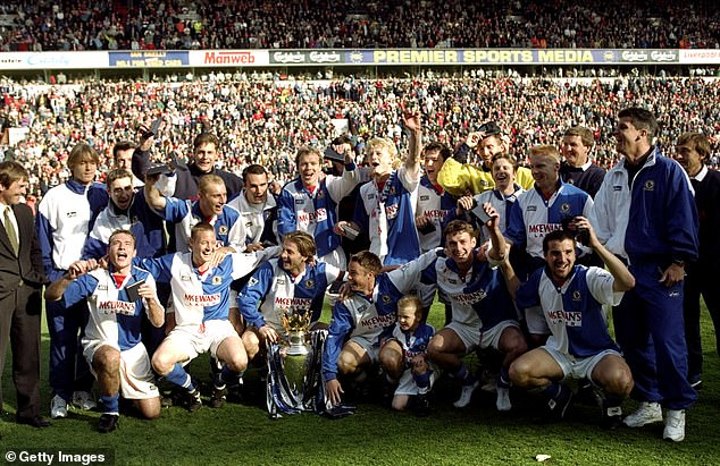
One of the many theories being considered if the current campaign cannot be completed is ditching relegation yet still promoting three teams ahead of the 2020-21 season.
That is likely to be greeted with slow claps for any outfit already complaining about fixture congestion.
Yet this isn’t unfamiliar territory for the Premier League, whose first three campaigns between 1992 and 1995 were made up of 22 outfits. The trouble is, the game has changed in so many ways since that similarities are now scarce.
The most obvious difference is that the long passed 22-team era’s congestion were based heavily on domestic matches as opposed to European ones.
Let’s start with the Carabao Cup, or if we are talking about the early 1990s, the Coca-Cola Cup.
Today any side also competing in Europe knows that to win the competition they would have to win five ties across six games including the two-legged semi-final. Any other top flight side would play a game more having entered in the second round.
In the 22-team era, European competition was not taken into account… and more games were played. All Premier League sides would have to play a minimum of eight games after entering in the second round which curiously was also a two-legged affair.
In addition, there were also replays to contend with which were in place all the way up to and including the final. This was a practice that went on as late as 1997, with Leicester City lifting the cup after defeating Middlesbrough 1-0 at Hillsborough following a draw at Wembley.
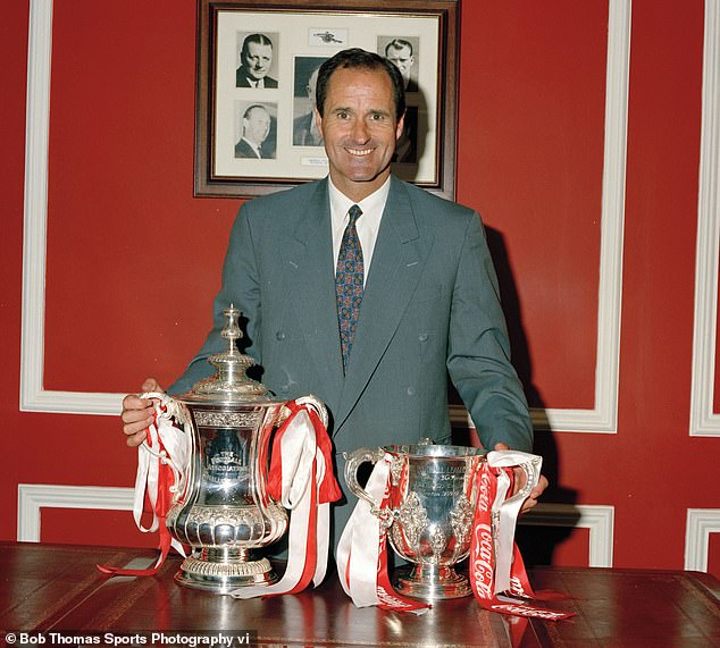
The FA Cup format was a little more recognisable. Still Premier League sides entered into the third round, but replays were also in place for every round up to and including the final. One was needed for the 1993 final when Arsenal overcame Sheffield Wednesday and it was the last until it was abolished in 1998.
The difference today is that for Premier League teams there are only replays for the third and fourth round. Cup competitions have never been so kind on the top flight elite.
Today a top six team could win both in no more than 14 games – including replays. In the early 90s playing 14 matches was the minimum requirement. The replay potential could have taken that figure as high as 24. Arsenal in 1993 won both in 17 matches, five more than what Manchester City played for their cup double last term.
It sounds like a fixture congestion form hell when you factor in European football too. But this was not much of a concern as there were far fewer games.
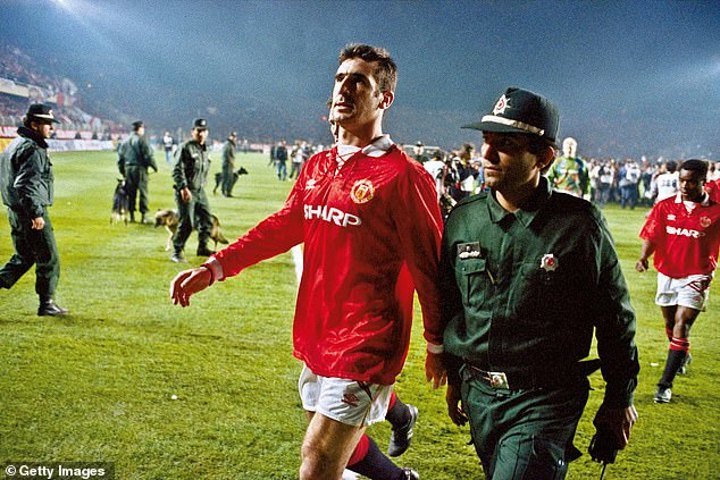
Only the league champions qualified for the Champions League and for the 1994-95 campaign that featured just four groups of four, with group winners and runners-up progressing to the quarter-finals. Like all European knock-out ties excluding the final these were two-legged affairs.
In the two seasons before that, the Premier League winners had to play two ties over two legs to reach the group stage which would effectively be the quarter-finals. Manchester United infamously fell short after being dumped out by Galatasaray on away goals in 1993.
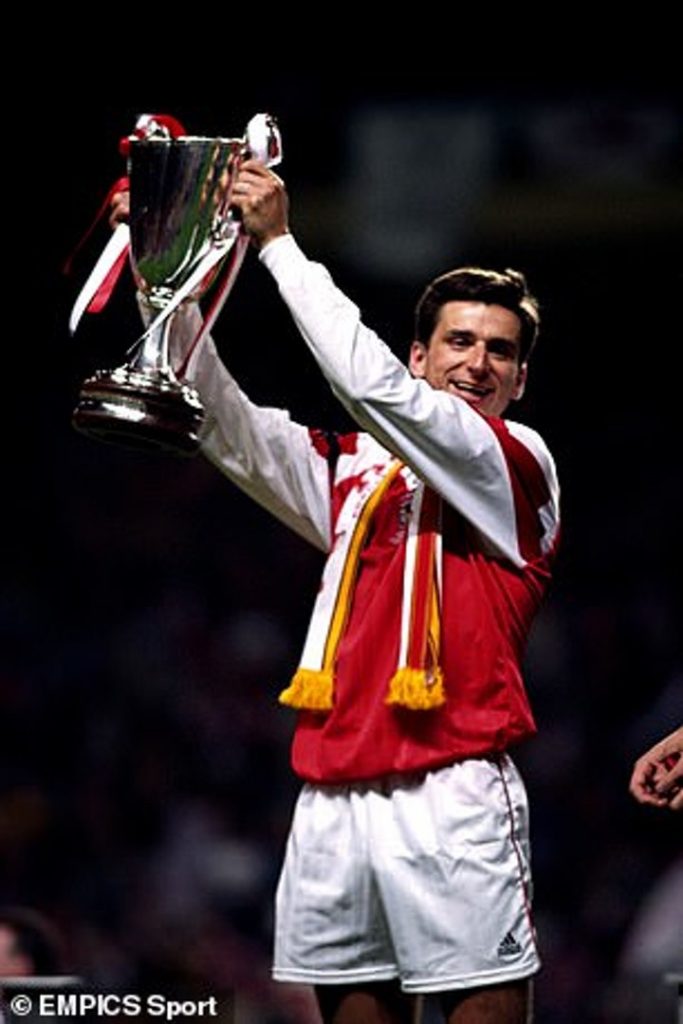
Even only one side was eligible for the UEFA Cup (Europa League) as Premier League runners-up although this figure was increased to two before the top flight reverted to 20 teams. League Cup winners qualified for the UEFA Cup, while FA Cup winners played in the Cup-Winners Cup.
Both of the those European competitions also played fewer games as they were straight knockout competitions. With the UEFA Cup featuring five two-legged ties before a one-off final, and the now abolished Cup Winners Cup – won by Arsenal in 1994 – playing one round fewer in a similar format.
Congestion still took its toll though on a 42-match Premier League campaign, and it was not unusual to see a team play at 3pm on a Saturday and then to also feature on Monday Night Football just two days later.
Blackburn Rovers were the last team to win a 22-team Premier League back in 1994 but who paid the ultimate price for the reduction to 20 teams?
It was Crystal Palace, who remain the only side in the division’s history to be relegated despite finishing fourth from bottom. They went down along with Leicester, Norwich City and Ipswich Town to make way for Division One champions Middlesbrough and play-off winners Bolton Wanderers.
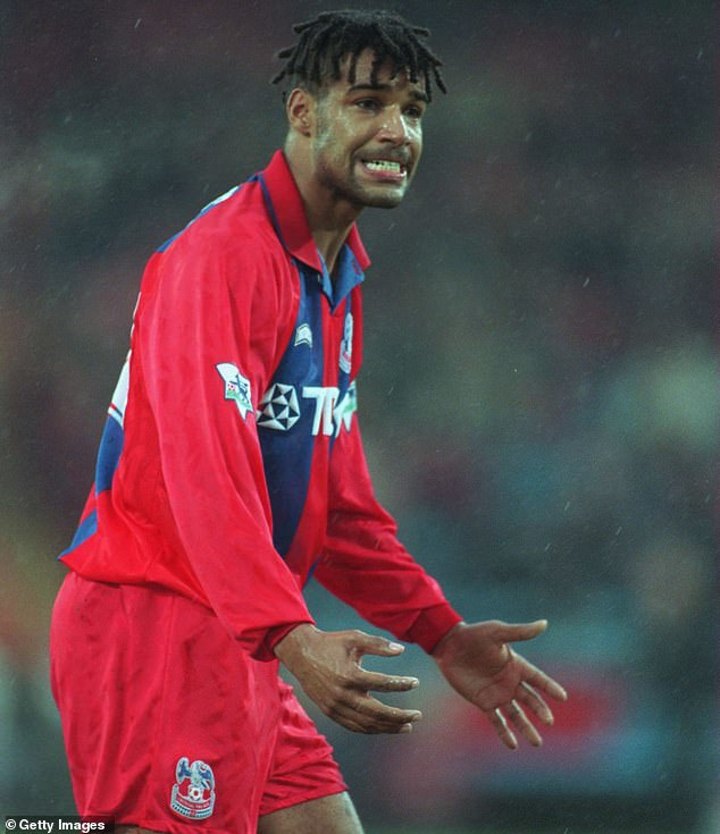
Palace were relegated by three points, but yet would they have stayed up if they hadn’t focused on those domestic cup competitions? They reached the semi-finals of both playing 15 games, which on top of their league campaign saw them play an incredible 57 times.
So why the scale down to 20 teams? An original FA proposal was for the new top flight to go down to 18 clubs.
This was not accepted by the teams when setting up the new organisation and instead they agreed to reduce from 22 to 20 with any further change only taking place with the consent of the clubs.
Source:- All Football
Now Playing: Love Bug
Aretti Adi
SPONSORED LINKS
LOAN FOR TRAVEL, VISA, JAPA, PoF UP TO N200M (CLICK HERE)
[CLICK HERE] For Music Artwork, Website Design And SEO Setup
INSTALL 9JAFLAVER MUSIC APP, STREAM, DOWNLOAD, AND PLAY MUSIC OFFLINE
CHECK OUT FUNNY PICTURE AND MEME HERE (CLICK HERE)
Chissom Anthony – Glory To God In The Highest [See Trending Gospel Song]
Copyright © 2014-2026 9jaflaver. All Rights Reserved.
About us | DMCA | Privacy Policy | Contact us
| Advertise| Request For Music | Terms Of Service
9jaflaver is not responsible for the content of external sites.